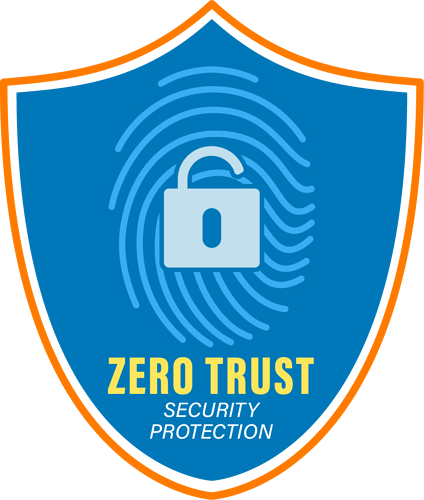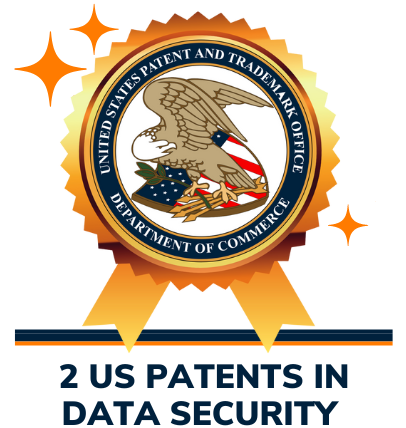As seen in...
GarbleCloud was founded by experts in secure data management and networking to address the growing concerns around information security and privacy as enterprises increasingly adopt public-cloud-based platforms for collaboration. Learn more about our leaders here.
Based in Silicon Valley, GarbleCloud was established in 2013 and offers a different way to solve the challenges of a remote workforce. As a modern security company offering solutions for easy data encryption and powerful ransomware protection, it is playing a key role in remote workforce security. GarbleCloud allows enterprises and individuals to protect their documents and files stored in Google Drive, Dropbox, and Google Workspace applications such as Google Docs, and soon Gmail and Slack. We are committed to making the internet a safer place. Our solution aids organizations with their HIPAA, SOC 2, ISO 27001, PCI, and most other compliance certifications where data privacy and security are a priority. Our company holds 2 US patents in data encryption and data privacy.
U.S. Patent # 9,825,925: Method and apparatus for securing sensitive data in a cloud storage system.
U.S. Patent # 10,013,574: Method and apparatus for secure storage and retrieval of encrypted files in public-cloud computing platforms.
At GarbleCloud, we believe you should
have control over your data.


It’s time to rethink how we approach data security and data privacy.
At GarbleCloud, we’re committed to making the cloud a safer place to secure, share, and work with your proprietary information while minimizing the impact on organization workflows.
As individuals and enterprises increasingly adopt public cloud platforms and SaaS applications to streamline business-related tasks, they face the overwhelming challenge of negotiating various privacy and security frameworks for these services. In addition, as data travels across platform boundaries, it can leave critical business information vulnerable to security gaps and policy loopholes. Users are therefore not only obliged to evaluate platform-specific security features but must also acquaint themselves with each service provider’s data access, usage, and retention policies. As such, ensuring data privacy––that is, the ability to control who or what can access your data and for what purpose––becomes exceedingly complex in today’s multi-cloud/SaaS environments.




